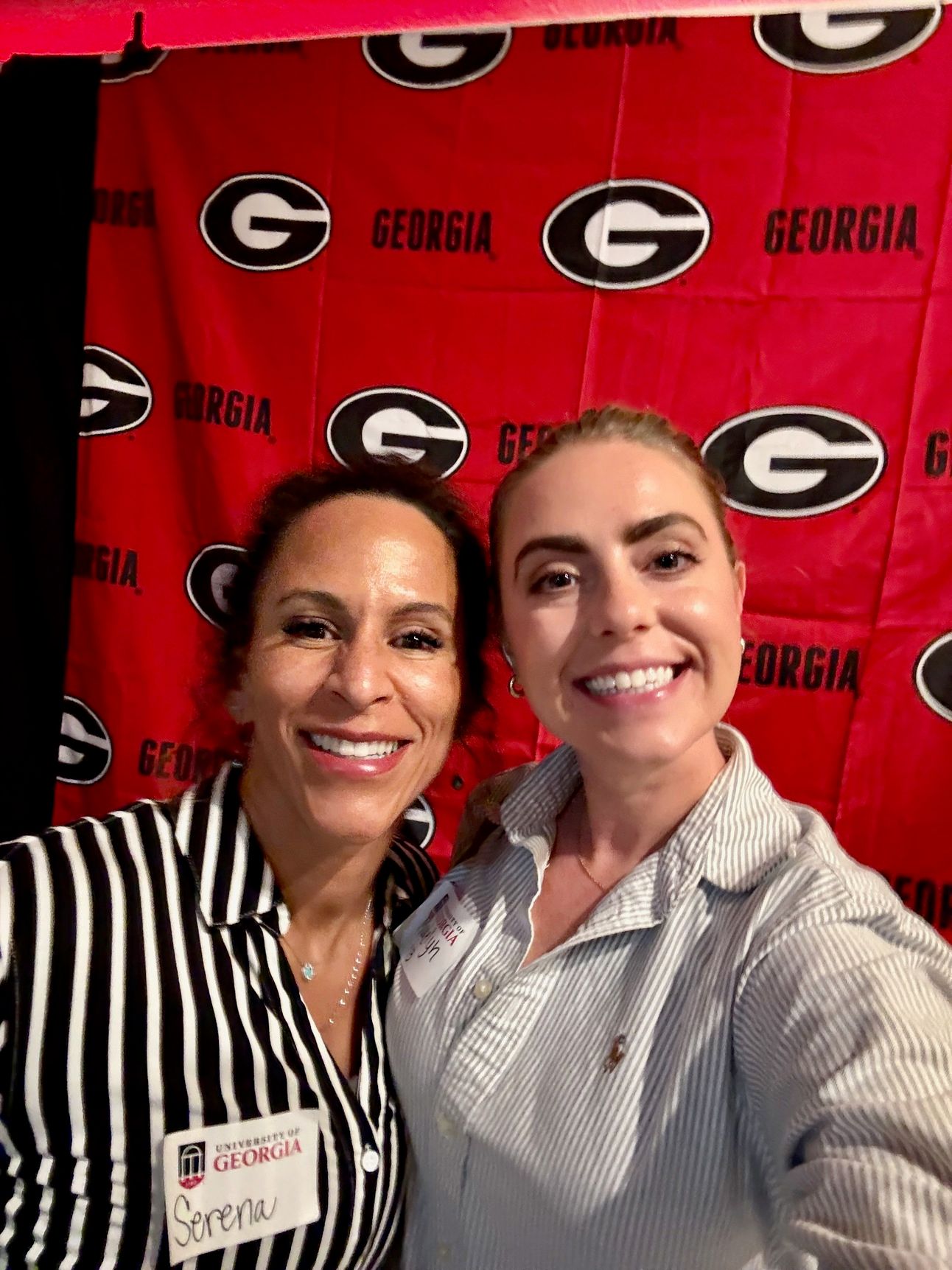Last night, I had the privilege of attending an extraordinary talk that couldn't have aligned more perfectly with our ongoing conversation about kindness and its place in our digital world.
When Kindness Becomes Intelligence
"Kindness absolutely works."
These words weren't spoken by a spiritual leader or a self-help guru, but by a former CIA operative who spent years in some of the world's most dangerous situations. Darrell Blocker, a 1986 UGA graduate who delivered a powerful TEDx talk titled "Listen More, Speak Less: Lessons in Kindness from a CIA Operative," shared insights that fundamentally challenge how we think about human connection.
Blocker's approach to intelligence work wasn't based on the James Bond or Jason Bourne tactics we see in movies. Instead, he emphasized that his job was "human intelligence, bringing people together." In a field where lives literally hang in the balance, he found that the most effective tool wasn't intimidation or manipulation, but genuine kindness.
"I never raised my voice. Never used threats," he noted. His philosophy was simple yet profound: treat someone as a guest in your home, even if they're your adversary. Offer them tea. Listen to them.

With my friend Serena, a 21-year Marine Corps veteran
The Disconnect Between Our Online and Offline Selves
As I sat there listening to his stories about disarming terrorists through conversation and finding common ground through art and poetry, I couldn't help but think about the stark contrast between this approach and how we interact on social media platforms.
Last week, we discussed how kindness seems to be the first casualty in our digital exchanges. Today's social media environments often encourage the opposite of Blocker's wisdom:
We speak first, listen rarely
We treat strangers as opponents rather than potential connections
We prioritize quick dopamine hits over meaningful dialogue
Blocker's advice to "turn off the TVs" and "breaking news is not" resonates deeply in our notification-saturated world. "Find the beauty of being in the moment," he suggested, noting that "the dopamine hits are not supposed to be happening this frequently."
AI's Role in Reshaping Our Digital Landscape
As promised last week, I want to explore how AI is transforming social media's impact on our collective attention. The notes from Blocker's talk provide a perfect foundation for this discussion.
AI systems currently powering our social feeds are designed to maximize engagement—not understanding, not connection, and certainly not kindness. They've essentially created digital "echo chambers" that Blocker warned against, where we're trapped in increasingly polarized viewpoints.
But what if AI could be leveraged differently?
Imagine AI that rewards thoughtful exchanges over inflammatory ones. Systems that recognize and amplify moments of genuine human connection rather than conflict. Platforms that create space for us to, as Blocker put it, "listen to people who need to be heard."
The Technology Leader's Responsibility
For those building tomorrow's digital spaces, Blocker's intelligence philosophy offers a powerful alternative approach:
Design for human dignity: "Life is precious even for people who are evil" – How might our platforms change if this principle guided algorithm development?
Create spaces for nuance: "It depends" – The gray areas Blocker mentioned are exactly what's missing from most social media discourse. Can technology better accommodate complexity?
Optimize for understanding, not reaction: As Blocker noted about recruitment, people "want a sense of belonging" – How can digital spaces fulfill this need constructively rather than divisively?
The ethics of espionage that Blocker discussed have striking parallels to the ethical questions facing technology leaders today. Both involve tremendous power to influence human behavior. Both require careful consideration of impact.
Finding Our Way Forward
At the end of the day, Blocker's message was fundamentally hopeful: "People do want to do the right thing." This perspective offers a refreshing counterbalance to the cynicism that often dominates discussions about social media's future.
If kindness can work in the high-stakes world of international espionage, surely it can work in our digital interactions. If a CIA operative can find humanity in terrorists by talking about their dreams for their daughters' futures, perhaps we can find it in those we disagree with online.
Next week, I'll be exploring specific technologies and platforms that are attempting to build these more humane systems and how we might support their growth.
What do you think? Can kindness become a design principle for our digital spaces? Have you encountered platforms or communities that successfully foster this kind of connection? Reply to this email to share your thoughts—I promise to listen more than I speak.
With warmth and curiosity,
Madelyn O.
"This isn't a video game. Don't ever cheer when people die and are killed. Life is precious even for people who are evil." – Darrell Blocker
Darrell M. Booker recommended reading : To Catch A Spy: The Art of Counterintelligence by Jim Olson